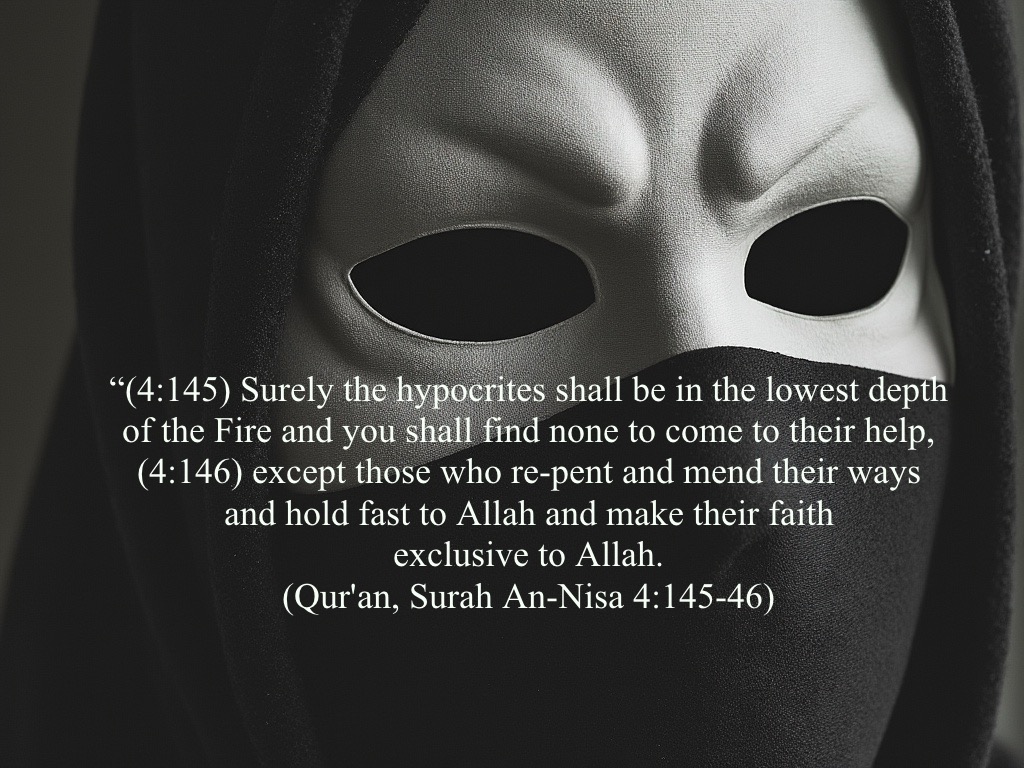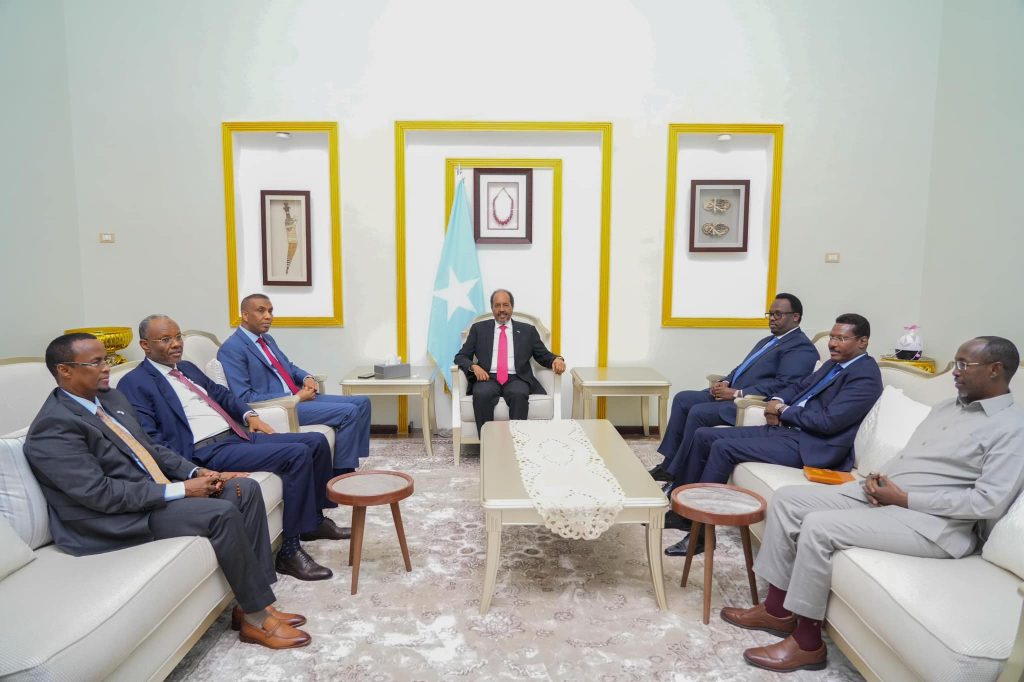
by
The level of hypocrisy in Somali politics has reached new heights. It seems like the political elite can’t wait for a moment before diving straight into the next round of contradictions and power plays. Honestly, the hypocrisy of our people and our politicians never ceases to surprise me. Munafiq (hypocrisy) runs deep in this country, and it’s painfully obvious.
Take a look at the situation with Ahmed Islam. Just a few years ago, the individuals who were fiercely opposed to his leadership in Jubaland are now his strongest supporters. On the flip side, those who backed him in his last election are now questioning his legitimacy, including, President Hassan Sheikh Mahmoud himself. It’s a complete reversal—and it says everything about the opportunistic nature of our political landscape.

Hassan Sheikh, for all his talk of uniting the country, seems intent on eroding Ahmed Islam’s control over Jubaland. The aftermath of the failed 1p1v (One Person, One Vote) negotiations at the National Consultative Council (NCC) has been messy, and now we’re seeing the government move to arrest Ahmed Islam for defying orders not to hold his recent elections. They say it’s all about enforcing the new 1p1v system passed by Parliament. But let’s be real: this is about control, and Hassan Sheikh’s desire to consolidate power.
But this goes beyond just Jubaland. Other regional governments, whose terms have been extended under the current administration, are also watching closely. The message sent to Jubaland seems to be aimed at all of them—don’t get too comfortable, or you might find yourself on the receiving end of the same treatment.
So how did we end up here? Not long ago, leaders from Puntland and Jubaland were fiercely opposing Farmajo, accusing him of dictatorial tendencies. Now, those same leaders are accusing Hassan Sheikh of doing exactly the same thing. And guess what? The international community, which once supported the calls for regime change, now seems to be backing Hassan Sheikh’s government. Were they right back then, or are they right now? Maybe It’s for you to decide, but the contradictions are glaring.
And what about the current administration? From day one, we’ve seen a pattern of consolidating power, spreading nepotism, and turning the supposed “parliament” into a rubber stamp for whatever they want to do. The current government has bought off its supporters in the legislature—but the real question is: will it all pay off in the end?
Puntland and Jubaland have both distanced themselves from the federal government, and it’s no surprise. Wasn’t it Ahmed Islam who supported the government when the constitution was amended earlier this year? Where did things go wrong? Didn’t Ahmed amend the Jubaland Constitution to allow himself to run for another term after his mandate expired? What right did he have to make such an amendment? Why didn’t the federal government raise these issues during the last NCC meetings? Were they so sure Ahmed would just fall in line with the extension granted to regional governments? And what is the legal basis for those extensions in the first place?
And let’s talk about the arrest warrant issued for Ahmed Islam by a court in Mogadishu. Does the federal government even have the jurisdiction to enforce it? Why didn’t they act when Musa Bihi signed the MOU with Ethiopia without consulting the federal government? Or when Bihi’s forces were committing atrocities in Lasacanood? Is it because they consider Somaliland somehow separate from Somalia? These inconsistencies raise more questions than answers.
It’s impossible not to notice the glaring contradictions and questionable actions of this administration. And while I’m just asking questions, I think there’s a bigger picture here that we need to confront. I believe, what we’re seeing is a deliberate plan to balkanize Somalia. I’ve been saying for years that there were forces at work to divide the country, but the right person to execute that plan wasn’t in power until now. Given the way Hassan Sheikh is maneuvering, it’s hard not to see a wider strategy unfolding—one where the fragmentation of Somalia becomes inevitable.
If Somalis were ever asked directly whether they wanted to divide the country, the answer would almost certainly be no. But instead, a plan seems to be in motion to create the very conditions that would make division seem like the only way forward. I don’t know where this will lead us, but it feels like we’re being pushed toward an outcome that will fracture the country even further.
The writing has been on the wall for a long time, and now with the growing threat from the Houthis to certain key international shipping routes, coupled with the shifting geopolitics and the intensifying rivalry between the West and the East, these forces are beginning to converge. God knows where this will all lead. I can only hope for the best for our people and our nation, but the outlook is grim if we don’t come together and agree on a shared path forward.
Share this post:
Leave a Reply